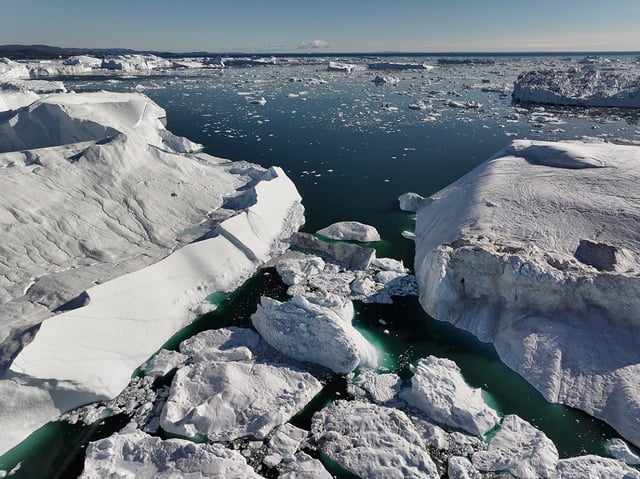Overview
- The UK's Advanced Research and Invention Agency (ARIA) has committed £57 million to fund 21 geoengineering projects aimed at exploring ways to mitigate climate tipping points.
- Selected experiments include stratospheric aerosol testing, marine cloud brightening, and Arctic ice thickening, with outdoor trials planned to begin in 2027.
- The programme prioritizes transparency, requiring public environmental impact assessments, community consultations, and oversight by an independent committee chaired by climate scientist Prof. Piers Forster.
- Geoengineering is framed as a temporary measure to delay catastrophic climate events while emission reductions are pursued, not as a replacement for decarbonization efforts.
- Critics warn of potential unintended consequences, such as disrupted weather patterns, and highlight concerns over the lack of robust international governance for such technologies.



